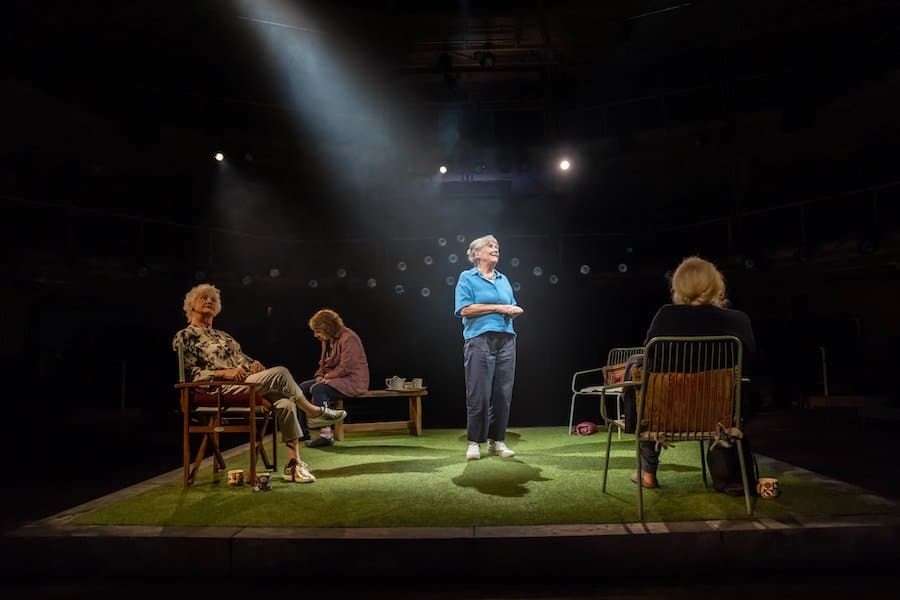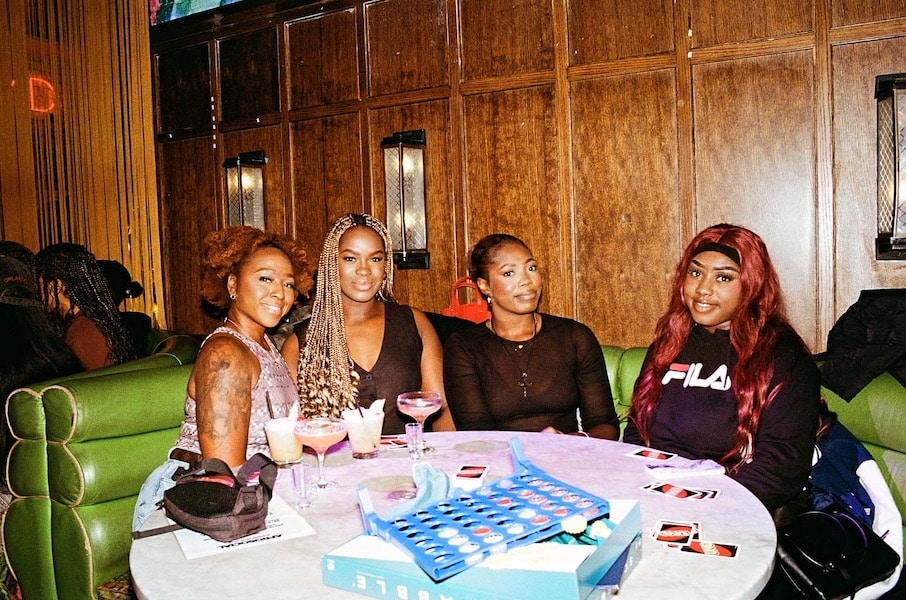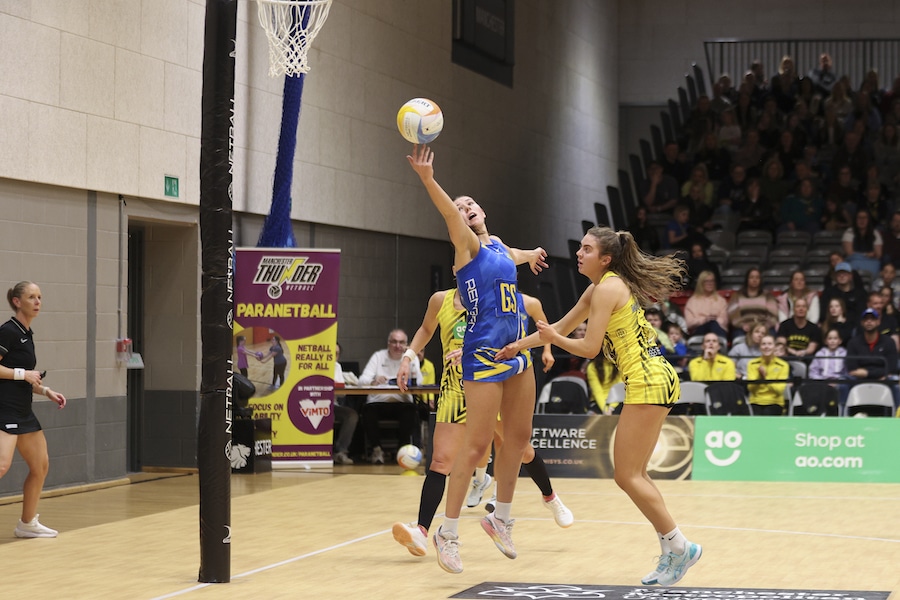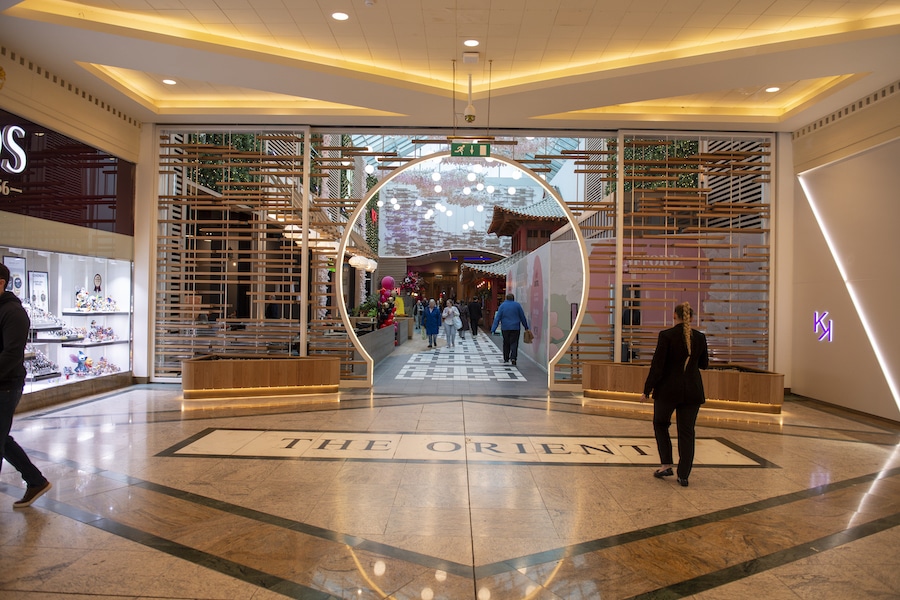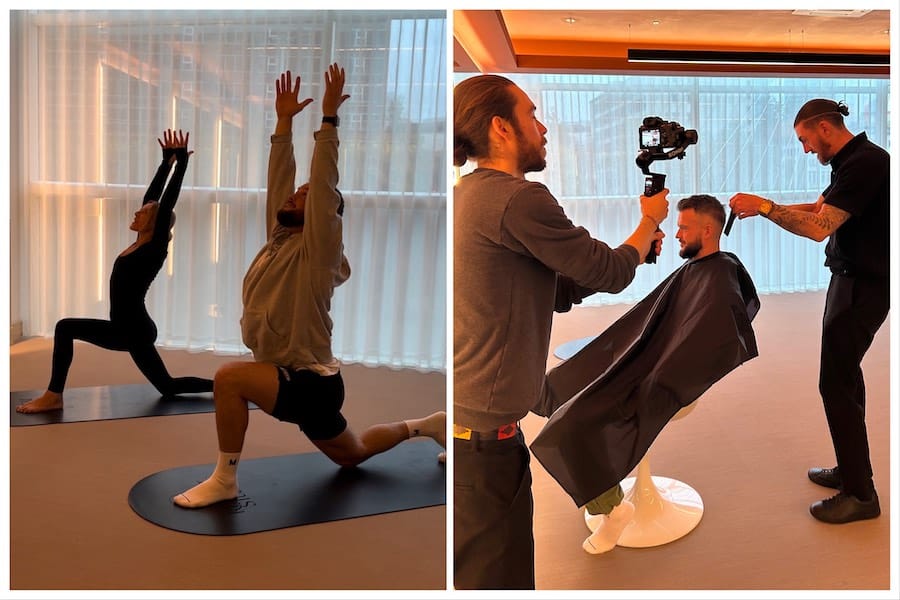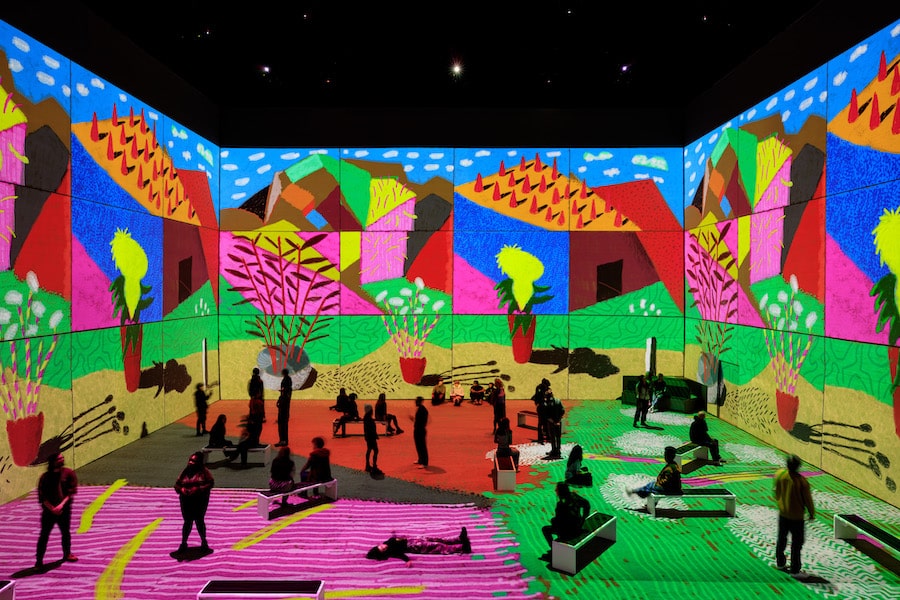Meet the neurodiversity champion making workplaces inclusive for all
- Written by Thom Bamford
- Last updated 17 seconds ago
- City of Manchester, Featured
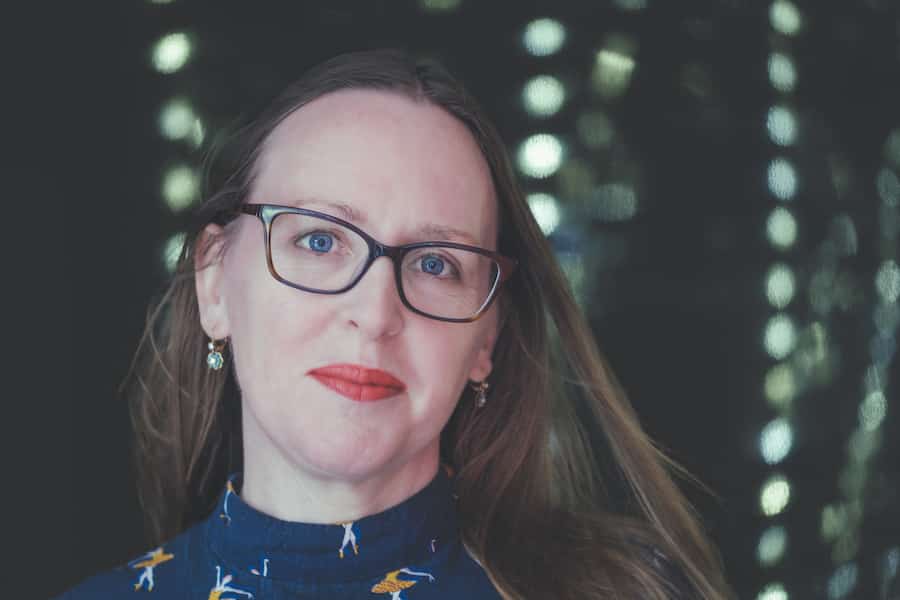
Rachel Morgan-Trimmer’s journey to becoming a leading neurodiversity consultant is one of resilience, passion, and an unshakable commitment to inclusion. As the founder of Firebird, based in Manchester, she has dedicated her work to helping businesses and communities create environments where neurodivergent individuals can thrive.
“I was running a travel company—one that helped over a million people achieve their dreams of taking a career break,” Rachel recalled. “But I struggled with being an entrepreneur, even though I excelled at many aspects of building a successful business.”
It was only when she was diagnosed with autism and ADHD later in life that she understood why she had faced these challenges. “When I discovered that my struggles were due to being autistic and having ADHD, I wanted to help other people avoid the difficulties I had.”
This realisation led to the founding of Firebird (originally called Sparkle Class). “I started with the idea that I’d help people one-on-one, but I didn’t like coaching and wasn’t very good at it,” she admitted. “So, I transitioned to providing training for organisations. I realised I could reach more people this way.”
Rachel Morgan-Trimmer and Firebird
Now, Rachel works with companies across the UK, helping them embrace neurodiversity in the workplace. But her journey hasn’t been without challenges.
Starting Firebird wasn’t Rachel’s first entrepreneurial venture, but that didn’t make it easy. “This was my second ‘proper’ business, so I was better equipped to start and manage it than I was with the first one,” she explained.
“The biggest challenge was working out exactly what I wanted to do and how I was going to do it. I’ve changed my focus a few times while fine-tuning what I want to offer. It meant my rebrand took a long time because I have trouble making decisions sometimes—but we got there in the end!”
Finding the right team was another hurdle. “We have very high standards in terms of what we deliver. Finding people who are as passionate about neurodiversity and inclusion as we are has been challenging,” she said. “I’ve tried to be patient—not easy for someone who has ADHD—and have slowly built a team of exceptional people.”
Challenging misconceptions about neurodiversity
A crucial part of Rachel’s work involves breaking down misconceptions about neurodivergent individuals. “One of my favourite parts of my job is dismantling the fears and myths around neurodiversity,” she says. “I think growing up believing I was ‘normal’ has helped me with this because I used to have those fears and misconceptions too.”
One of the most common misconceptions she encounters is the idea that “We’re all on the spectrum” or that “We’ve all got a little bit of ADHD.”
“Those statements are categorically untrue,” Rachel asserts. “ADHD and autism are specific conditions with diagnostic criteria and can even be seen on brain scans. Saying things like that minimises our struggles and dismisses our strengths.”
She also frequently challenges harmful stereotypes. “People think autistic individuals are all like Rain Man or that people with ADHD are just quirky and scatty. Stereotypes can be damaging—they erase the existence of autistic women, or Black people with ADHD.”
Despite these challenges, Rachel approaches these misconceptions with empathy. “When people say things like this in my training, I don’t tell them off or judge them—I’m actually pleased that I’ve created a safe enough space that they feel they can speak freely. None of us are free of prejudice (me included), and being aware of this and wanting to learn more is to be commended.”
Advocating for change in the workplace
Rachel has worked with many businesses in Manchester to help them create more inclusive environments for neurodivergent employees.
“We’ve done some really interesting work in Manchester with various companies, organisations, and events,” she shares. “Some are non-profit, like Barcamp and SIRENS, and others are businesses that have invited us to do exciting things.”
She highlights one particular success story. “DAC Beachcroft, for example, asked us to host a roundtable on neurodiversity for themselves and their clients. We not only shared insights on neurodiversity but facilitated some fascinating discussions.”
She’s also worked with Roma Finance. “They were an absolute delight to work with—the participants were so open-minded and engaged.”
Rachel’s work extends beyond corporate training. “Most of my conferences are out of town, but I was lucky enough to be invited to deliver a talk for Camp Digital in Manchester last year. It was called ‘How to exploit autistic people’—the title is a joke, of course, and it’s really about inclusion.”
When it comes to workplace inclusivity, she sees slow but promising progress. “It’s getting better, but at the moment, it’s a minority of companies leading the way,” she explained. “I see a lot of companies wanting to get neurodiverse inclusion right but being held back by fear—fear of getting it wrong, believing it will be expensive, or simply not knowing where to start.”
She reassures businesses that inclusion isn’t as difficult as they might think. “The companies who are getting it right aren’t necessarily the ones who understand neurodiversity the best—they’re the ones who understand why it’s important.”
Empowering individuals
For Rachel, education and awareness are key to creating a more inclusive society. “Most people don’t wake up one morning and go, ‘Neurodiversity! There’s something I should educate myself about!’” she joked.
Instead, people often learn about neurodiversity through personal connections. “They have a neurodivergent colleague or family member, or they go to a talk about neurodiversity, or they see a neurodivergent character on TV.”
She also sees the rise in celebrity diagnoses as a positive step. “What we’re seeing a lot of at the moment is celebrities disclosing their conditions, which is a great way of breaking down stigma.”
But Rachel emphasises that awareness alone isn’t enough. “We’ve known about autism and ADHD for years—it’s not about simply knowing they exist. It’s about understanding how they present in different people, in different cultures, or alongside other identities.”
For individuals who have recently been diagnosed, Rachel has one message: celebrate it. “Not everyone is ready to hear that an autism or ADHD diagnosis is a good thing, but I always see it as a cause for celebration,” she said.
She even wrote a book to help people navigate life post-diagnosis. You can buy it or download it free by clicking here.
The future of Firebird and neurodiversity advocacy
Looking ahead, Rachel is eager to expand Firebird’s impact. “We’ve just hired some new people, and I want to keep growing the business so we can offer more training to more companies.”
She’s also excited to do more public speaking. “It’s not just about educating neurotypicals—so many people realise they are neurodivergent after attending one of my sessions. In spreading awareness, I’m helping people understand themselves. It’s an incredible privilege.”
Rachel Morgan-Trimmer’s work is a testament to the power of education, advocacy, and lived experience. Through Firebird, she is breaking down barriers, changing perceptions, and helping to create a world where neurodivergent individuals can not only be included but celebrated.
You can find out more about Firebird by clicking here
- This article was last updated 17 seconds ago.
- It was first published on 13 February 2025 and is subject to be updated from time to time. Please refresh or return to see the latest version.
Did we miss something? Let us know: [email protected]
Want to be the first to receive all the latest news stories, what’s on and events from the heart of Manchester? Sign up here.
Manchester is a successful city, but many people suffer. I Love Manchester helps raise awareness and funds to help improve the lives and prospects of people across Greater Manchester – and we can’t do it without your help. So please support us with what you can so we can continue to spread the love. Thank you in advance!
An email you’ll love. Subscribe to our newsletter to get the latest news stories delivered direct to your inbox.
Got a story worth sharing?
What’s the story? We are all ears when it comes to positive news and inspiring stories. You can send story ideas to [email protected]
While we can’t guarantee to publish everything, we will always consider any enquiry or idea that promotes:
- Independent new openings
- Human interest
- Not-for-profit organisations
- Community Interest Companies (CiCs) and projects
- Charities and charitable initiatives
- Affordability and offers saving people over 20%
For anything else, don’t hesitate to get in touch with us about advertorials (from £350+VAT) and advertising opportunities: [email protected]

Review: Hold On To Your Butts at LOWRY is ‘a masterclass in comedy, creativity and chaos’
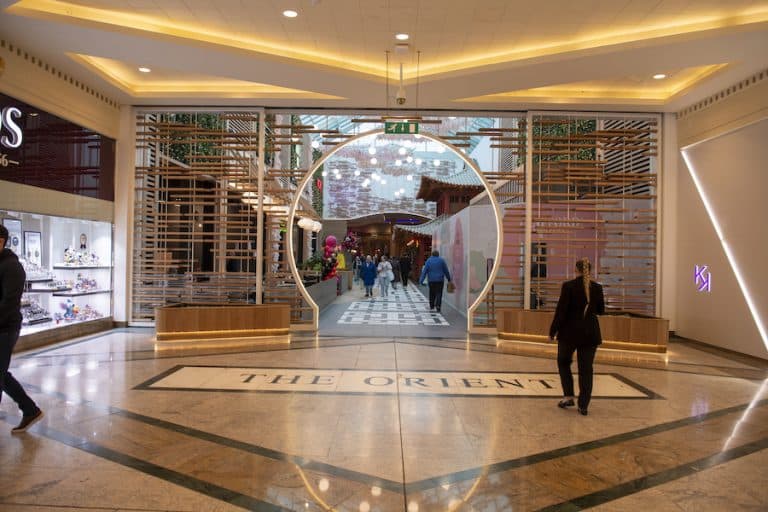
Trafford Centre launches revamped Eastern Garden championing homegrown brands
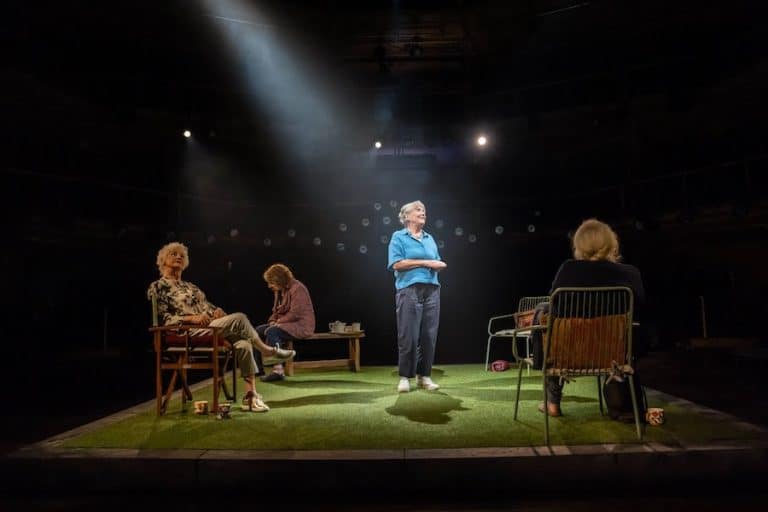
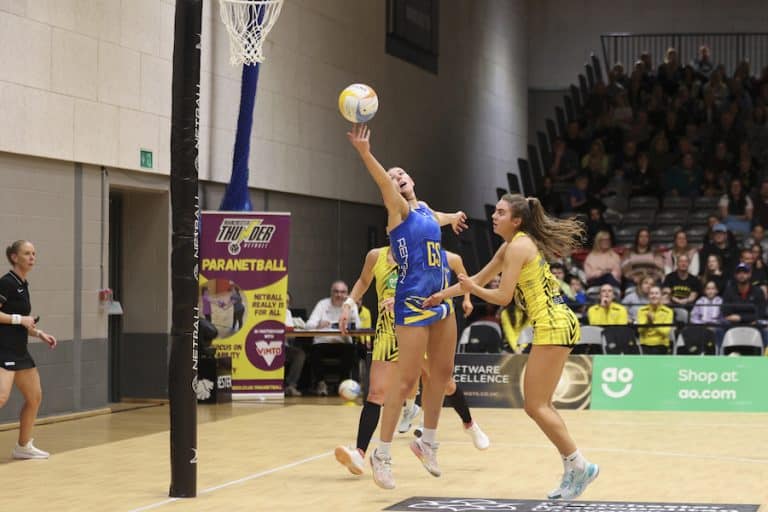
Fast, fierce and unmissable: Manchester Thunder are bringing Netball like you’ve never seen it before!








